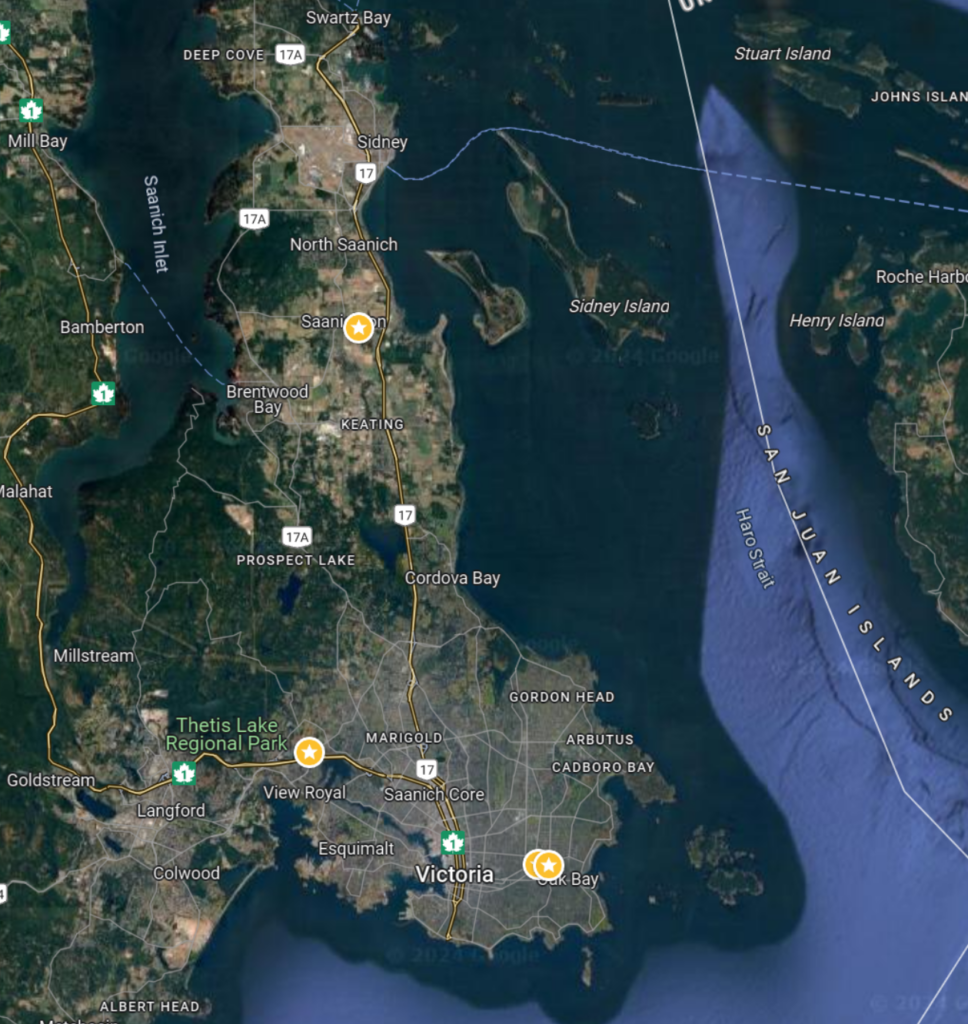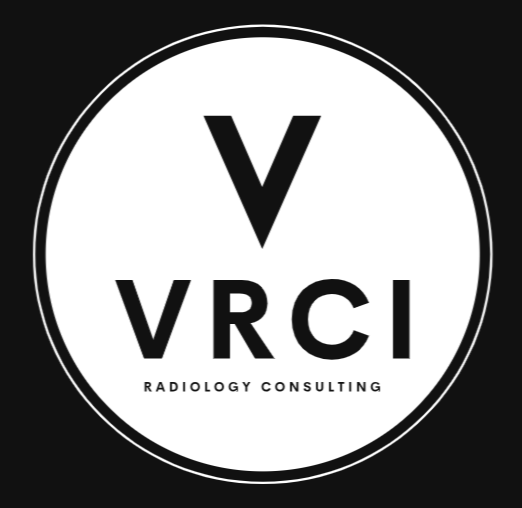Not just the newlywed and the nearly dead.
Victoria is a beautiful coastal city on the southern end of scenic Vancouver Island.
You may have heard the cliche, “The newlyweds and the nearly dead.” to describe our population.
Victoria is more than just a quaint seaside tourist stop or retirement hub.
Victoria is home to two major Universities (Royal Roads and University of Victoria), Camosun College, as well as host to the Island Medical Program run jointly by UBC and University of Victoria that plays host to UBC medical students on clinical rotations. Victoria also has a growing tech sector and is playing host to more young families and professionals.
We enjoy most of the amenities of larger cities (great restaurants, music and entertainment, great access to outdoor pursuits), with a more affordable cost of living than many major cities and a fraction of the commute.

The Local Advantage:
- Under 20 minute drive between the two main hospital sites (Victoria General and Royal Jubilee Hospital).
- Most of partners live within 10-15 minutes of the Royal Jubilee Hospital and WCMI sites, 15-25 minutes from Victoria General Hospital
- Great weather, cycle to work year round if you want
- Good schools: excellent public and private options for your kids
- University of Victoria is a highly ranked public university, tuition discounts for children of those with clinical faculty appointments.
What are the disadvantages of living here?
1) Cost of Housing
While our per diem earnings are relatively high among BC radiology groups, there is no question this is an expensive city to live in. Your mortgage to income ratio may be better elsewhere in Canada, but a nice house with a view of the ocean (or even waterfront property) is still very much in reach for our partners and associates.
While this is starting to pose a barrier for technologists and support staff, we still have much better housing security and options for allied health professionals and support personnel than some major cities. Our magnets and CT scanners are not sitting idle because no tech could afford the rent in a 2 hour radius of the hospital (cough, Vancouver, cough).
Think of all the hours of traffic you will be missing, or at the very least all the snow you will not be shoveling.
2) Living on an Island
Most major amenities are accessible on Vancouver Island, which is about the size of Belgium or Taiwan for those without a sense of the scale (Vancouver Island is about an 8 hour drive from North to South tip).
Ferry waits can be long and frustrating but are hardly ever necessary for anything apart from pleasure unless you have personal commitments in the lower mainland.
Our international airport is small but has some direct flights to most major Canadian cities and very frequent connections to Seattle and Vancouver. While connecting flights are somewhat inconvenient, short waits at security somewhat make up for it.
If you want a quicker getaway to Vancouver or Seattle, Harbour Air seaplanes or Helijet are good options.
3)Climate change, earthquakes, tsunamis.
Why did we write down one more thing to worry about while you try and convince your spouse to move here? Not really sure it was a good idea but it felt like the only other thing we really could complain about.
Yes, sea levels may rise, parts of Victoria are prone to damage in earthquakes. Climate change is affecting huge parts of the world however, and in the grand scheme of things, the risks here are manageable compared to many other locations.
The number of air quality advisories from forest fires is way lower than most of the rest of BC and the prairies.

